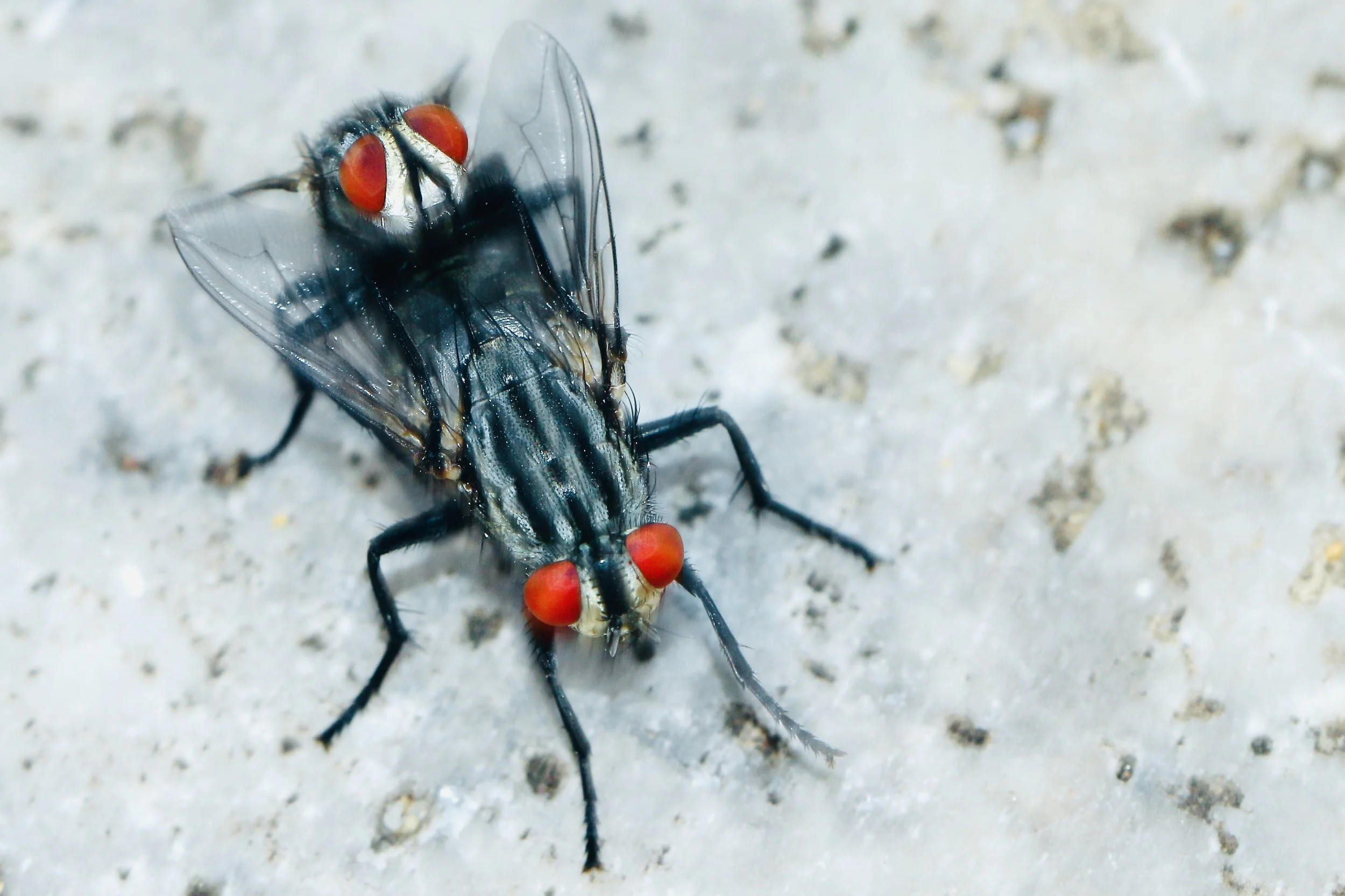Admit it: you wondered how they did it.
"Six-Legged Sex: The Erotic Lives of Bugs" by James K. Wangberg answers entomological questions most of us have been afraid to ask, and which entomologists usually explain in technical language that excludes the general reader. The intimate sex lives of six-legged creatures are finally laid bare in this strangely fascinating and often shocking report.
How else would we learn that soapberry bugs, which are members of an insect group called "true bugs," copulate for up to 11 days without resting? Or that lovesick female cicadas sometimes mistake the drone of a lawn mower engine for the call of their male lovers, throwing themselves at the machines in painful desperation? Or that certain male water bugs serenade their mates with a sound created with their genitals?
The author, a University of Wyoming entomologist, shares stories of fatal attractions, prostitution, incest, pedophilia and other sexual perversions in the insect world. Like a collection of episodes from one of those "shock TV" talk shows, he tells us more than we want to know about the horny, cannibalistic and often violent critters in our homes and gardens.
There is more than just a prurient interest behind this science, of course, since knowing how insects procreate is an essential step to controlling population outbreaks and encouraging the spread of beneficial species. The use of sex pheromones, for instance, is used to keep moths away from fruit orchards and mountain pine beetles out of vulnerable forests.
Aphid control is complicated by the fact that at certain times of the year the females of the species can reproduce with no help from the males through parthenogenesis, or virgin birth. Keeping grasshopper populations from exploding requires an understanding of their mating habits and preferred habitat.
““One picture-winged fly has the ultimate bragging rights when it comes to sheer size. It has a coiled penis that when fully extended equals the length of the fly’s body! This must surely be the world record holder for relative length, not just within the world of insects, but throughout the entire animal kingdom. At least one would hope so. Organs of comparable length in large land animals would be somewhat frightening.””
"Insect neighborhoods are not that different from our own neighborhoods. There are good ones and there are bad ones," Wangberg explains. "What may appear to us to be two shrubs of the same kind, to a grasshopper may be as different as New York's Fifth Avenue and any city's skid row. One shrub, the prime real estate, is rich in carbohydrates, proteins, and vitamins that grasshoppers can detect. The second shrub, or poor real estate, may look good on the outside but it lacks the necessary amenities for grasshoppers.
"The males stake claim to the finest real estate, perching on high-quality shrubs and sending the most energetic calls that they can, advertising their recent property purchase. They rub together their special musical instruments, located on their wings and legs, and in so doing advertise to other males that this is their turf. The song is also a signal to aid females in finding the finest real estate."
When territorial conflicts arise between competing male grasshoppers, they fight it out with bouts of vigorous singing and posturing. Males with the bigger biceps or longer legs are usually given deference, but they may have to kick, wrestle and bite their way to prominence.
It may not help much to know that those irritating swarms of male midges or mosquitoes gathered around your head during a midsummer fishing trip are actually midair sex orgies and that you've been unwittingly selected as a sexual landmark for attracting females.
Nor is it very obvious why anyone would need to know that damselfly penises are capable of both removing the sperm of competing males and depositing their own, or how anyone made such a discovery.
Still, it is a wonder how much is known about the most intimate secrets of the six-legged world, and how very different that world is from our own. Gladly, our own erotic behavior cannot really compare with the intensity, propensity or the immensity of the insect world, for that would be more than a little frightening.
Michael Hofferber © 2001 All rights reserved.

